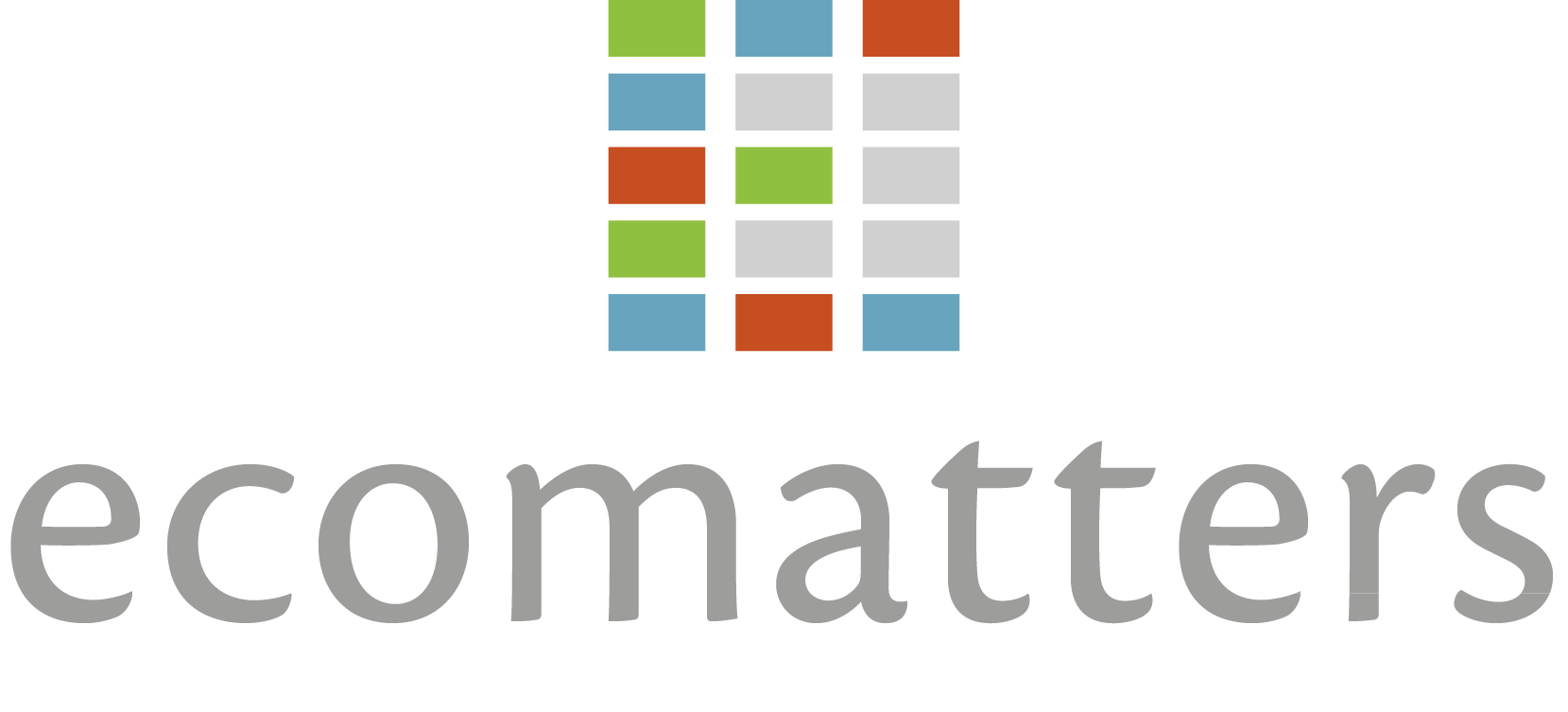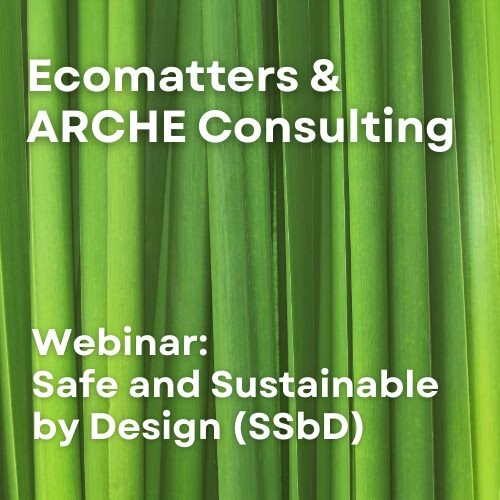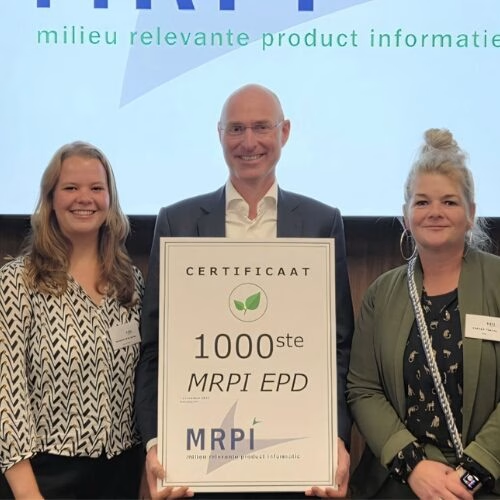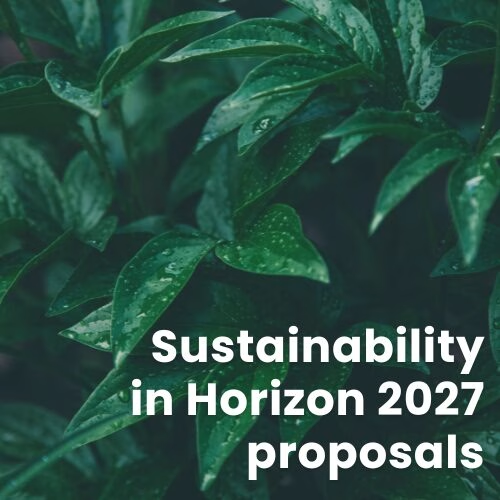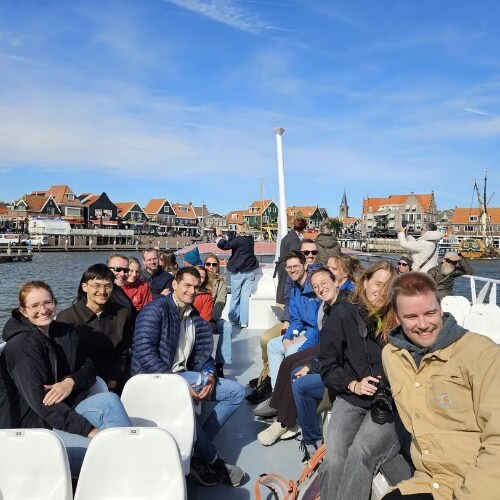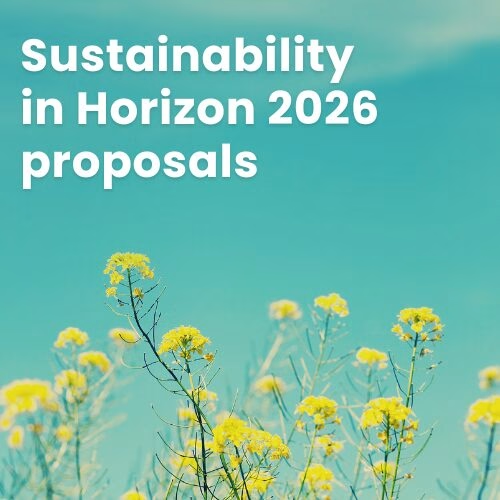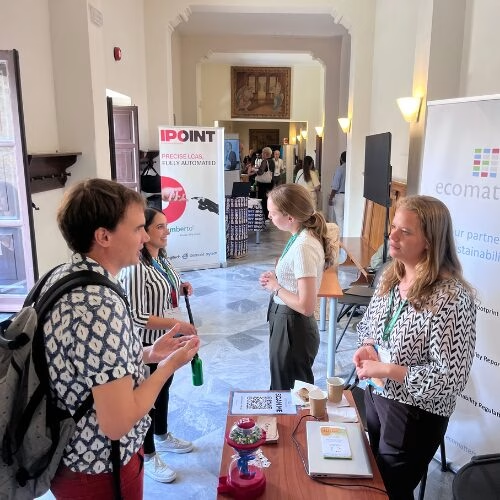On 21 April 2021, the Commission adopted a proposal for a Corporate Sustainability Reporting Directive (CSRD). Currently, EFRAG is finalising work on the complementary sustainability reporting standards suit. With the public consultation for the suit closing, it becomes time to develop a roadmap for your organisation’s reporting. This reporting directive will expand the list of companies obliged to report and disclose information related to the sustainability in their operations, business model, and supply chain.
To get ahead of the curve and kickstart your CSRD preparation, there are five crucial aspects to consider first. You already want to look into: organising a dedicated team, performing a materiality assessment, organising your data flows, work on standardising policies for data process management, and update/develop your carbon reporting. Picking this up as soon as possible will give you a solid foundation for setting-up a structured reporting process and reduce the potential for capacity issues in the future.
So what are these five aspects, and why do they matter?
1. Organising a dedicated team
Bringing together a dedicated group of individuals is a key first step. Integrated reporting requires collecting input from throughout the company on an ongoing basis. Having a dedicated team will streamline data collection and reporting. Make sure the team can operate with a singular focus, has clear reporting lines, is well aware of the organisational structure, and is backed with a strong mandate from the leadership.
2. Materiality assessment
Defining the topics that are material to your situation is important to the overall reporting effort. Not all aspects included in the directive will be relevant in the sector in which you operate or be applicable to your business. However, you will need to be able to establish the lack of materiality and be able to provide justification for your claims. Doing so requires an assessment of what your business affects or can potentially affect from an environmental, governance and social impact perspective, as well as how each of the considered topics affect your business from a financial side.
3. Data flow arrangement
Collecting data is central to streamlined reporting. It is arguably the most important of all the five aspects to consider. Solid data collection processes are paramount to efficiently deliver auditable data for your report. Similar to preparing for an audit on the yearly financial accounts, the data should be able to withstand external scrutiny. Developing the relevant data channels early should therefore be top of mind. Make sure to identify what data can be collected where and how this can be gathered repeatedly with limited efforts. Additionally, don’t forget to check for data consistency!
4. Policies for data process management
Once the data channels are identified and established it should be followed by developing clear and readable process guides. Codify each step and make sure that they are easy to understand. This ensures that different individuals across the company can easily support the efforts on data collection and that auditing can be facilitated smoothly.
5. Organising carbon reporting
In case your carbon footprint has been calculated previously it may make sense to update it in the light of the CSRD If you have not reported your carbon emissions then this is a good starting point to get prepared. It requires the same rigour as developing the full CSRD report. Starting with this aspect, therefore, helps your team to stress-test the data collection and the associated processes. The resulting carbon calculations can be used for your CSRD report later on too!
With these five aspects considered, your CSRD preparation will get a rolling start! Working through each aspect makes you get to grips with the reporting process while gearing up and building a lasting foundation in your company. In case you need our help to get this started, please get in touch with us or plan a call with one of our consultants. At Ecomatters we have over 10 years of experience in sustainability reporting and we will be able to support you along the way!
